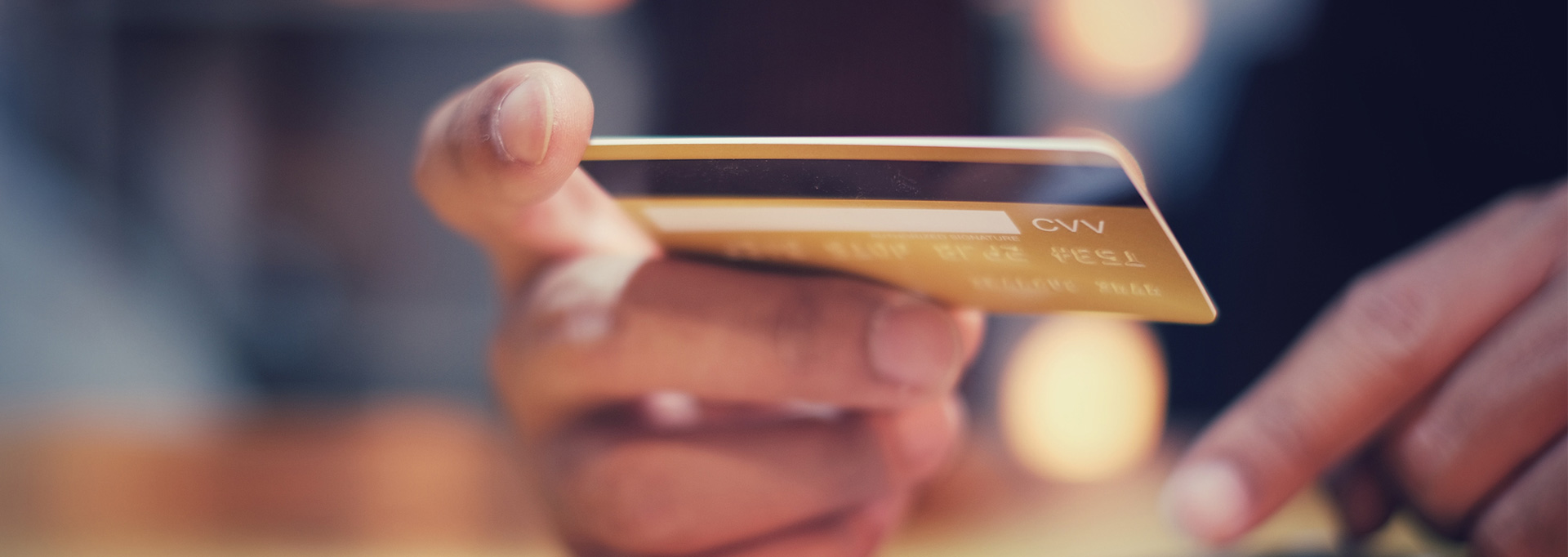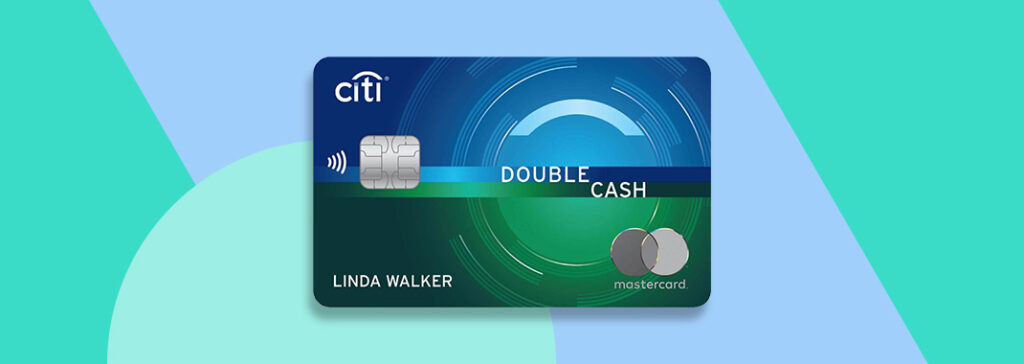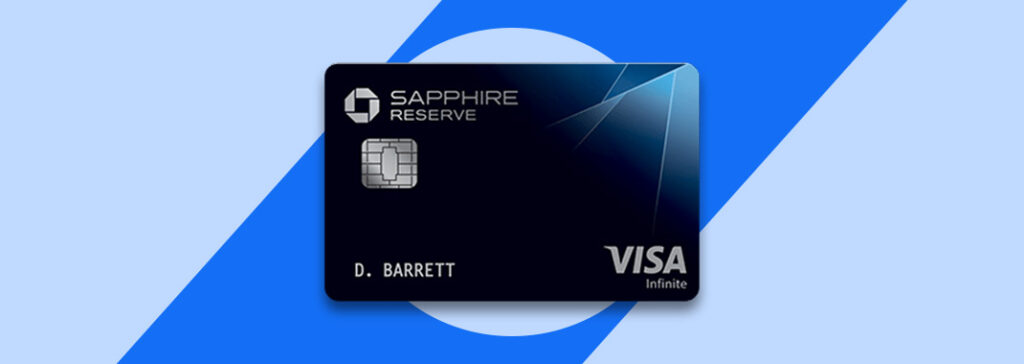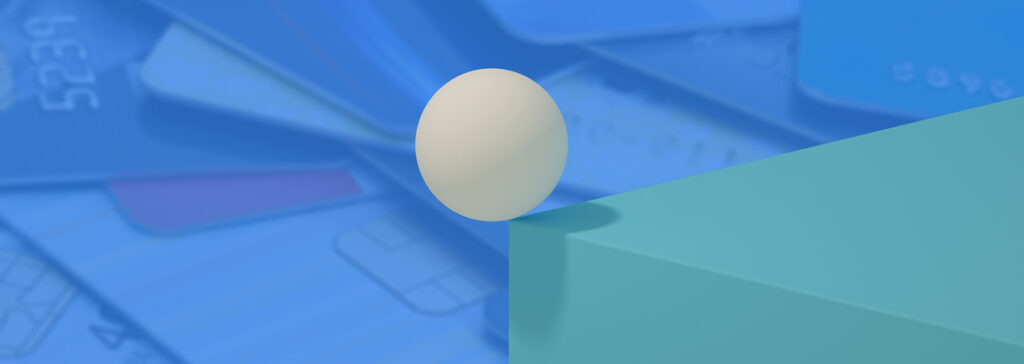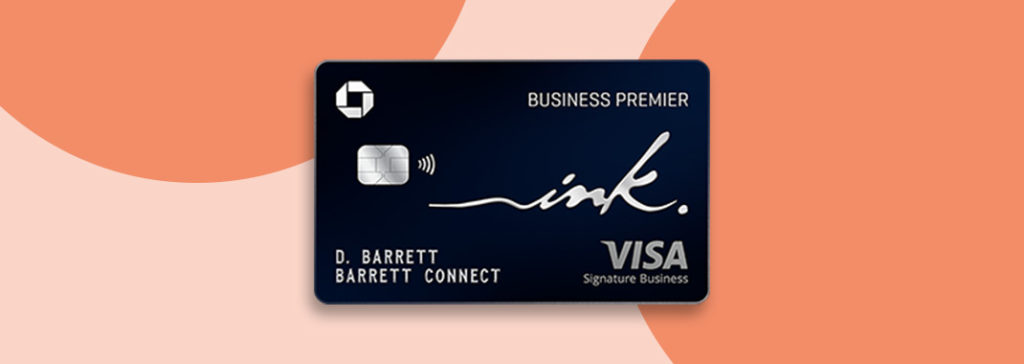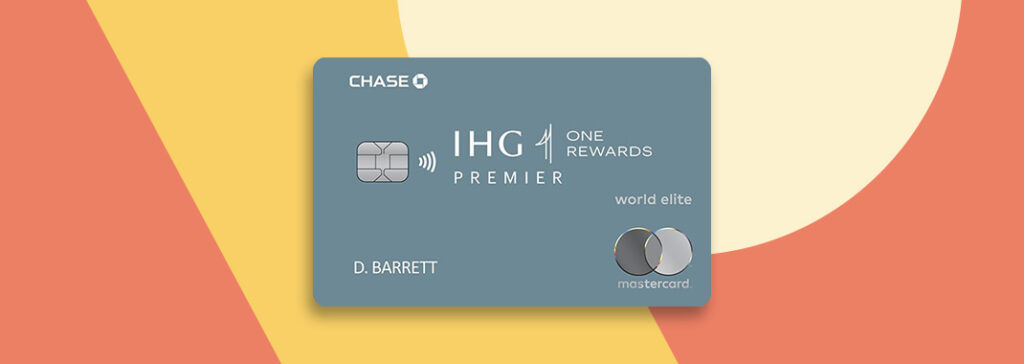Most products on this page are from partners who may compensate us. This may influence which products we write about and where and how they appear on the page. However, opinions expressed here are the author's alone, not those of any bank, credit card issuer, airline or hotel chain. This page may include information about American Express products currently unavailable on Slickdeals. American Express is not a partner of Slickdeals.
You might think that falling behind on your credit card payment every once in a while isn't a big deal. After all, you plan to catch up on payday. Or maybe the due date just slipped your mind. Will it really hurt if your credit card company has to wait a few extra days or weeks to receive a payment?
Yet the idea that the occasional late payment doesn't matter is a credit card myth. In fact, there are five ways that making a late payment on your credit card could hurt you.
Problem #1: Late Fees
Let's start with one of the most obvious consequences of paying a credit card after your due date — the late fee. If you miss your due date by even one day, this fee can kick in and cost you extra money.
The Price of Paying Late
- Credit card late fees can be as high as $29 for the first offense.
- If you continue to miss your due date, those late fees can climb to $35 per occurrence.
You might be able to convince your card issuer to waive a late fee as a courtesy the first time it happens. But if you make repeated late payments, there's typically nothing you can do to get out of paying them.
Problem #2: Default Interest
If you fall 60 days behind on your credit card payment, your card issuer may increase the annual percentage rate on your account to the default interest rate (also called the Penalty APR). Default interest rates can vary, but yours should be disclosed in the credit card agreement you received when you opened your credit card account.
Default interest rates apply to future purchases you make on your account. And your card issuer may also apply the new, higher APR to your existing balance as well. This action is called a retroactive rate increase.

Tips to Avoid Paying Interest on Credit Card Purchases
The CARD Act of 2009 limited the ability of credit card companies to make retroactive rate hikes on customers. But when you fall behind on your credit card bill, those protections may go away.
On a positive note, if you catch up on your bill and pay on time for six months in a row, your card issuer will have to reduce your APR on your existing balance. For future purchases, however, it's up to the card issuer to decide whether to keep the penalty APR in place, or offer you a lower rate.
Note: Business credit cards may have different rules where default interest is concerned. These cards offer many perks to small business owners, but CARD Act regulations don't apply to them.
Problem #3: Account Closure
Once you miss enough payments, an issuing bank may decide to close your credit card altogether. If this happens, you'll still owe any outstanding balance that remains on your account. However, you will no longer be able to use your credit card for future purchases.
With many card issuers, account closure tends to happen around the 90-day past due mark. But card issuers can close your credit card at their discretion.
Having your account closed is a credit card mistake you want to avoid, especially with rewards cards. If a card issuer closes your account due to late payments, you could lose any points and miles you earned.
There's no set-in-stone rule that dictates how late you can be before you face an account closure. So, your best bet is to do everything in your power to make your payments on time.
Problem #4: Negative Credit Reporting (Perhaps Times Two)
One of the longest-lasting consequences of paying your credit card late is the negative impact it can have on your credit history. When you fall a full 30 days behind on your payment, your card issuer may report the account as late to the major credit bureaus — Equifax, TransUnion, and Experian.
Note that if you're only a few days or even a few weeks late on your bill, your credit shouldn't be damaged yet. However, you are in the danger zone.
Once you fall more than 90 days behind on your credit card bill, there's a risk that your credit card company might sell your debt to a collection agency. If that happens, a new collection account may show up on your credit report. At that point, your credit could suffer twice — once for the late payments on the original account and again when the derogatory collection account appears on your report.
According to the Fair Credit Reporting Act (FCRA), late payments can remain on your credit report for up to seven years. Collection accounts also have a seven-year credit reporting limit — starting from the date of first delinquency on the original account.
Problem #5: Credit Score Damage
Thirty-five percent of your FICO® Score is based on the payment history that appears on your credit report. When late payment notations show up on your credit report, your credit score could take a significant hit.
A single 30-day late payment has the potential to damage your credit score. And the more severe a late payment becomes (i.e., 60-days late, 90-days late, etc.), the worse the impact on your credit score may be.
Ideally, you want to catch up any late payments before they reach charge-off status. If your card issuer charges off your debt and/or sells it to a third-party debt collector, the credit score impact can be extreme.

How Multiple Credit Card Payments a Month Can Boost Your Credit Score
Bottom Line
You should do whatever you can to avoid paying your credit card late. If you're simply getting busy and forgetting to make payments, automatic payment drafts could help you. If finances are tight, paying at least the minimum amount due can help you avoid late fees and credit score damage from a delinquency.
In the long run, your best bet is to pay down your credit card balances. Once you get to a place where you can pay your full statement balance every month, you can get the most out of your credit cards — avoiding interest and protecting your credit rating at the same time.
Frequently Asked Questions
-
How much you are charged for late fees will vary by who your credit card provider is. However, late fees can be as high as $29 for a first-time offense and up to $35 for repeat late payments.
-
Typically, credit reporting occurs 30 days or more after the payment deadline, providing an opportunity to rectify any late payments before they are reflected on credit reports. Some lenders and creditors may not report late payments until they reach 60 days past due.
-
Payment history is a crucial factor in credit approval decisions by banks and issuers. An on-time payment history suggests trustworthiness and reliability. While a history of missed payments makes you more of a liability in the eyes of credit issuers. This is why late payments significantly impact your credit.
-
According to Equifax.com, a record of late payments stays on your credit report for a maximum of 7 years. Even when you pay off the past-due balance, the late payment will still be reflected negatively on your credit report.
